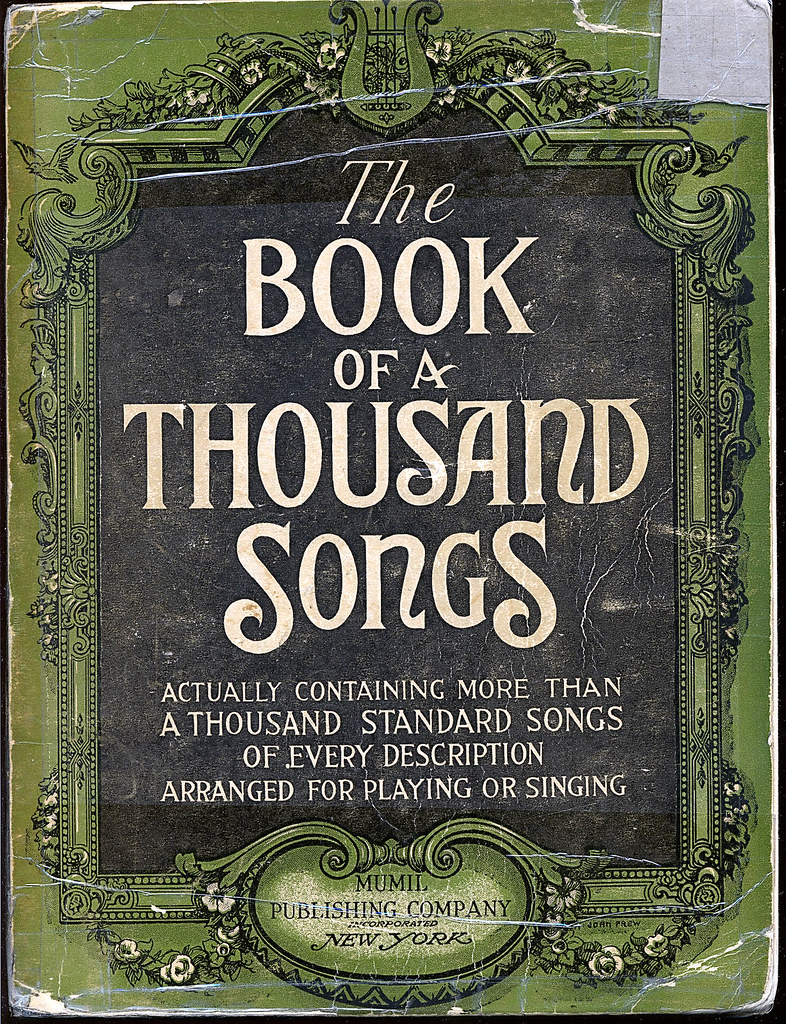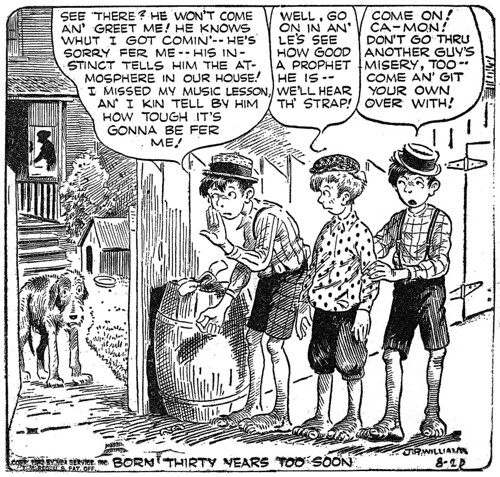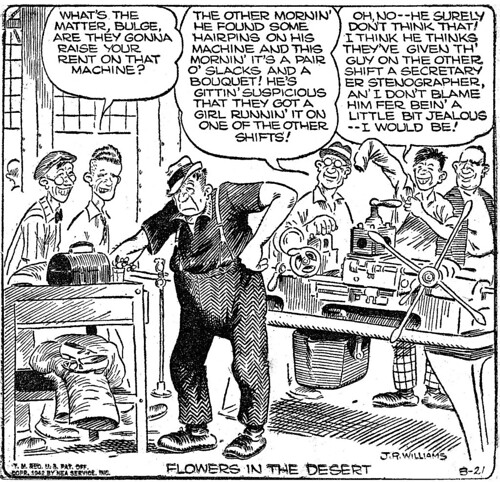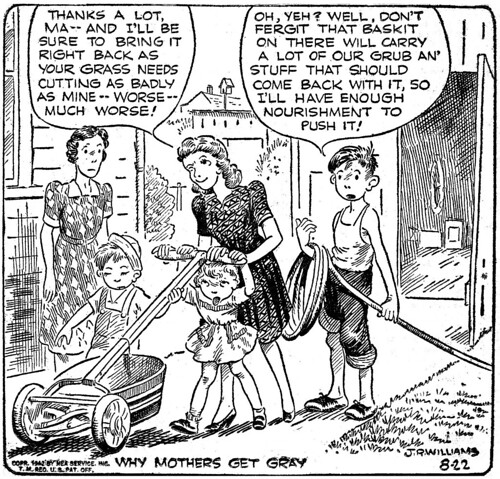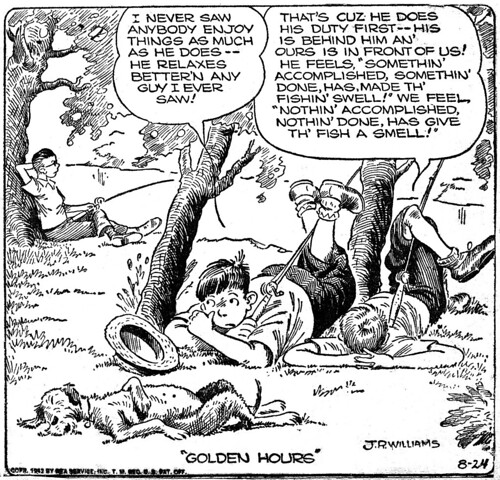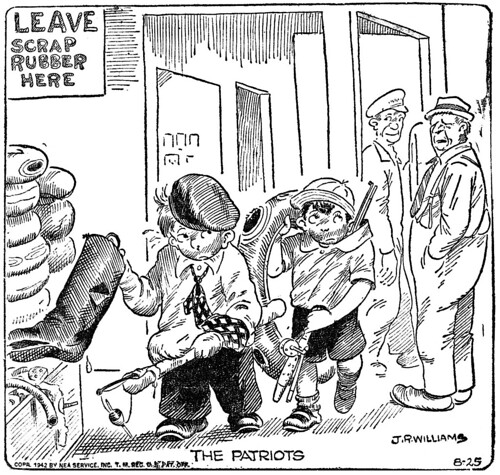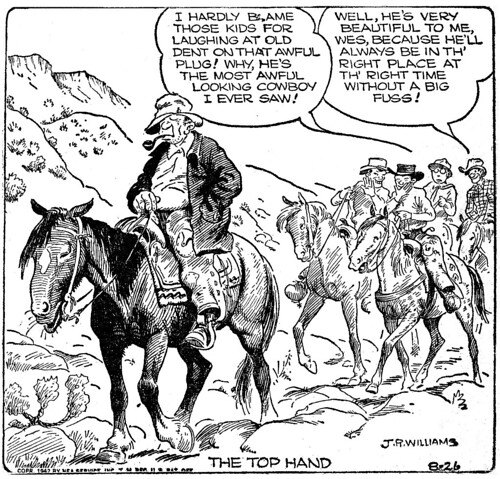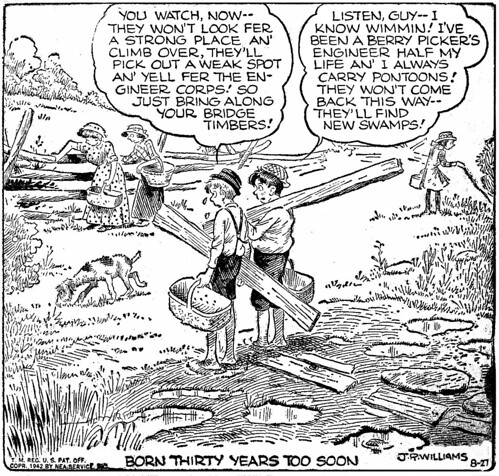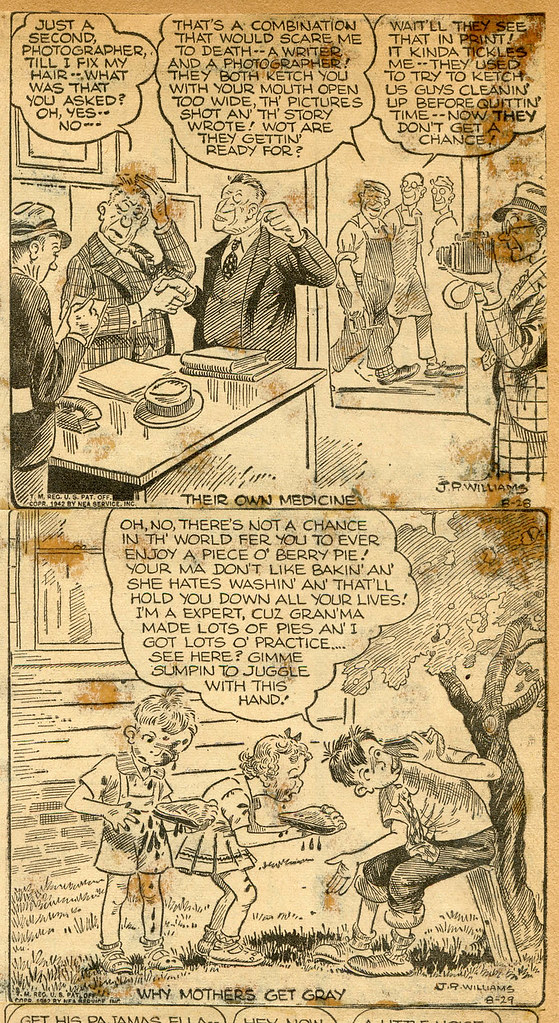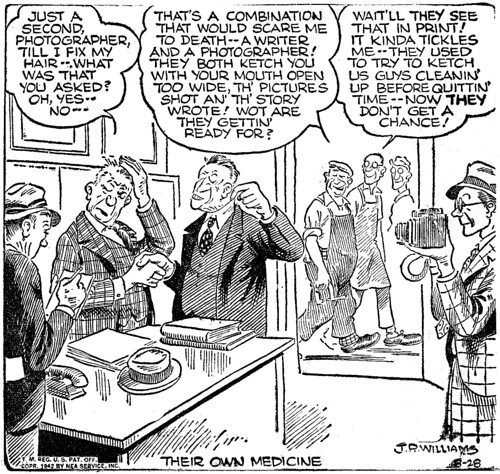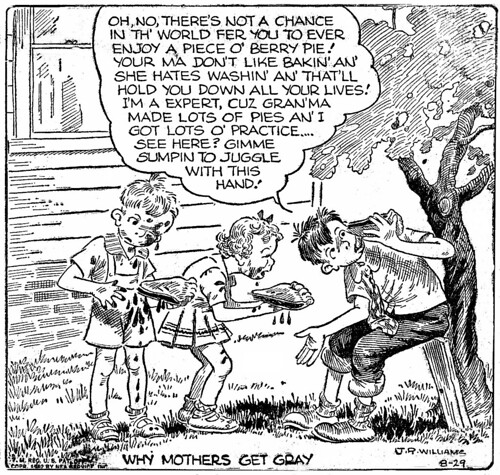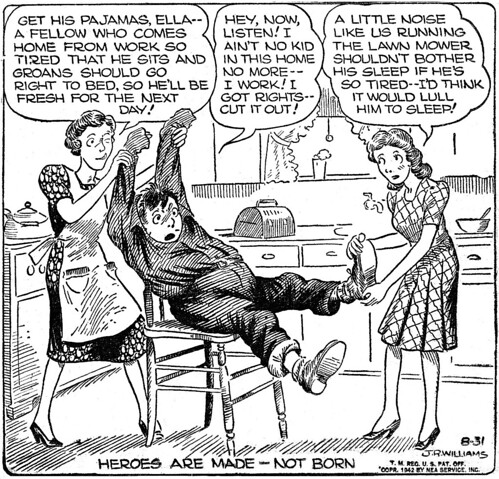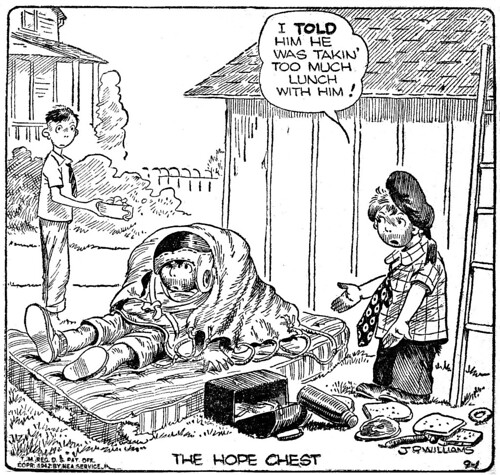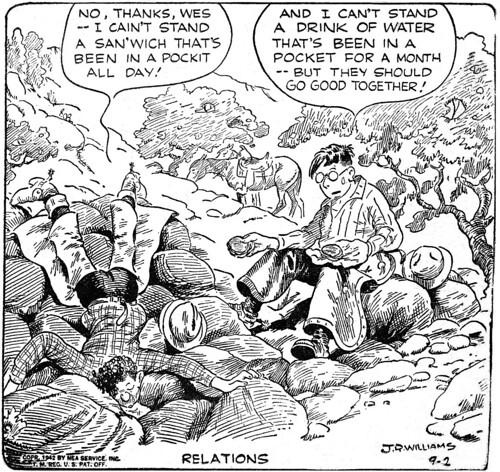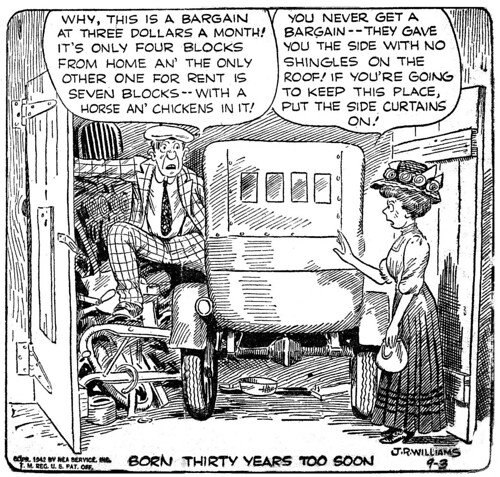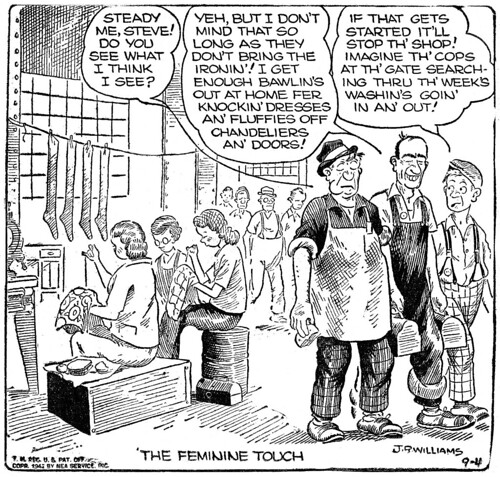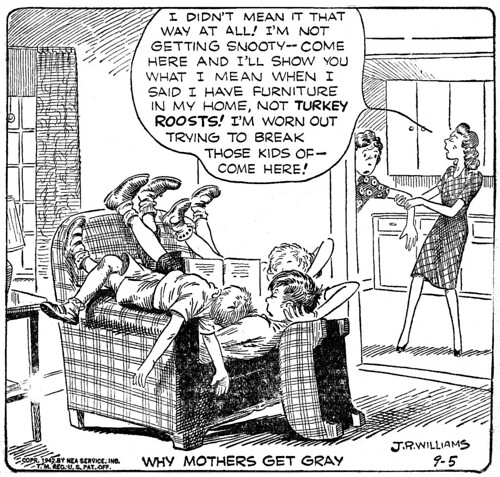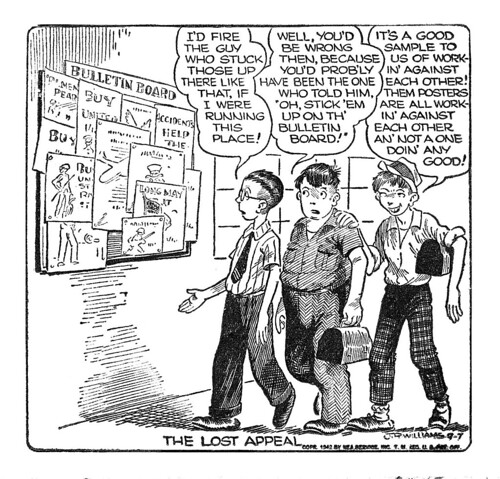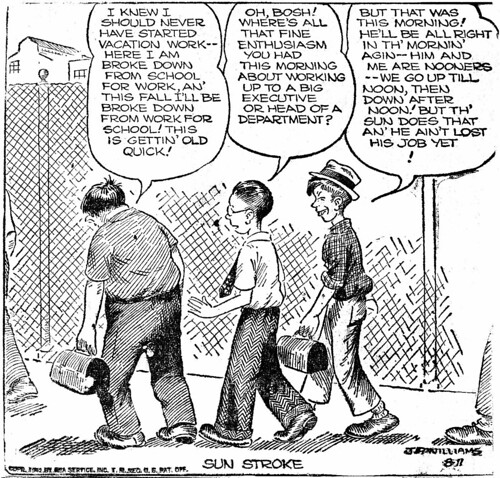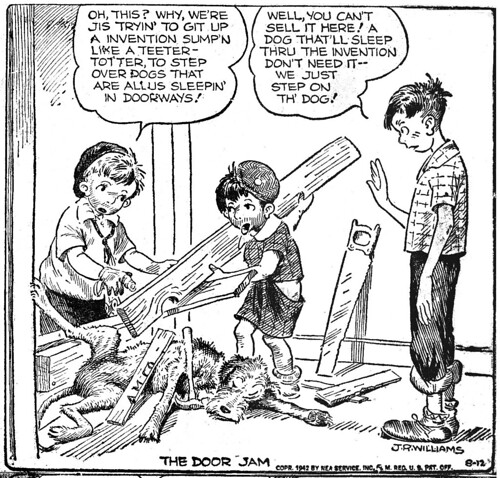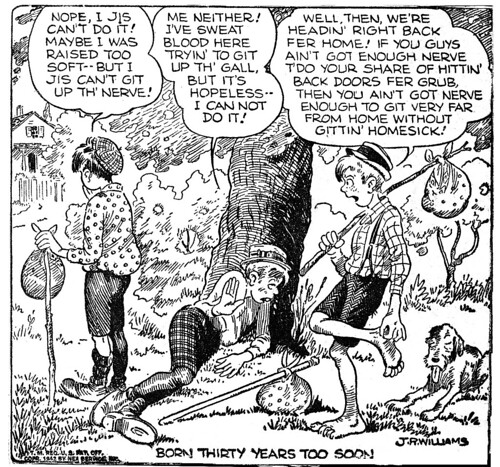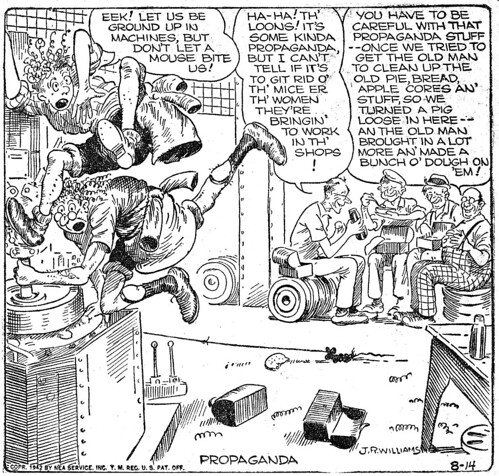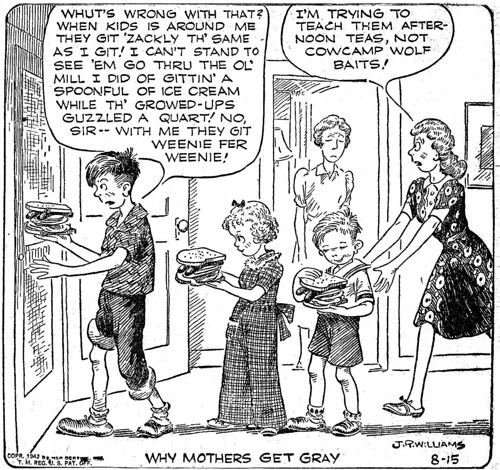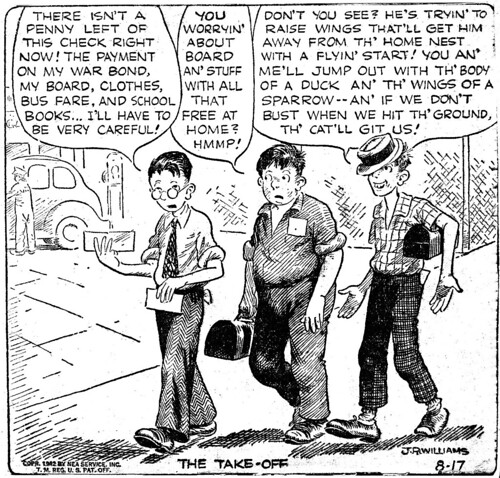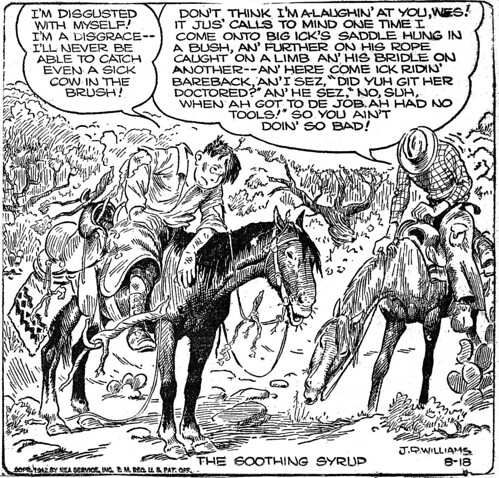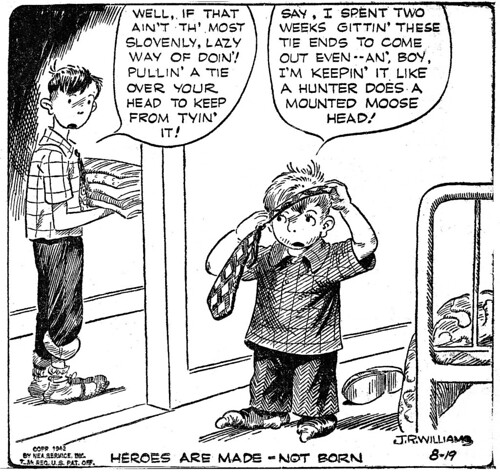S1K - 026 to 033 [15 songs] (40 so far)
.
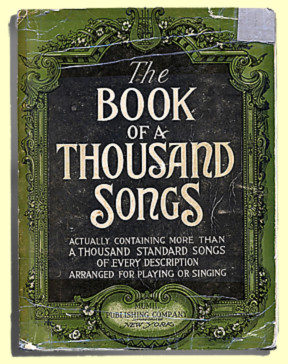
Continuing our methodical walk through
The Book of a Thousand Songs [Wier, 1918]
p 26: "Ah! I Have Sighed To Rest Me (Il Trovatore)" [G. Verdi], "All Glory, Laud, And Honor" [M. Teschner]. (note: it's their idea to capitalize every word, not mine)
This is the second part of the "Miserere" from Act III of Verdi's "Il Trovatore," and it appears to be a translation of what actually happens here, making for a nice change from a tendency of the editors to employ instead a nice little song about chirpy birds or a moral lesson about honesty or posture. The orchestra accompaniment is absent, and in its place we have the song expanded to four-part harmony.
I'm not sure what's up with "All Glory." The first part is something I've heard in a Christmas carol, and then the second part goes somewhere else entirely. Where's the Hosannah in Excelsis? I can't think of the title now, and am too lazy to search through all my books of carols.
p 27: "Am I Not Fondly Thine Own?", "At Evening-Time" [E.M. Steadman]note: "All Glory" spills over into this page. I'm mostly not going to bother mentioning when that happens.
"Am I Not" is a semi-translation of "Du, Du, liegst mir in Herzen," which we used to sing in grade school. My fifth-grade teacher taught us little bits of German. This version loses the part where the object of affection makes the singer unhappy even though singer is so good to object and just makes it a sappy little love ditty.
"At Evening-Time" is a straightforward 6/8 Allegretto with no surprises in its pastoral imagery of dusk.
p 28: "Ah, For Wings To Soar", "Away With Melancholy" [W.A. Mozart], "Annie Lisle" [H.S. Thompson]."Ah, For Wings" is a straightforward 6/8 Andante with no surprises in its lyrical whining to an unresponsive love.
"Away With Melancholy" is a tune from "The Magic Flute." The lyrics here don't correspond with what's in the opera (surprise!), which had a lot of "la la la" going on. Apparently the tune had quite a busy life both as an adaptation from the opera and as a song, and existed in multiple arrangements for all sorts of instruments. J. Pierpont, original writer of Jingle Bells, set one for his glee club with lyrics that apparently started to vary with the second line. Fernando Sor wrote an utterly charming set of variations for guitar on the theme, which I play on keyboard, because why not?
The Great Song Thesaurus says the lyrics are anonymous, and I believe it. I browsed a rather substantial article online to learn more about the piece, and one of the scanned musical examples in it was right out of
the Book of a Thousand Songs."Annie Lisle" is a pleasant Scots tune from 1860, with rhythms that snap (especially on the unexpected short-long pairs) and some nice variation in the accompaniment. It may sound familiar to Cornell grads, as it was adapted in 1872 to become "High Above Cayuga's Waters." I learned recently that Cayuga is a lake. I suppose everybody else already knew that.
p 29: "All Hail The Power Of Jesus' Name!" [Oliver Holden], "Ah, Tell Me Why" [A. Warlamoff].This is a hymn we used to sing at Northside Baptist. One week our friend Nancy announced it and it sounded a little like she said "All hell," and we kids laughed and laughed. What boring lives we must have led.
"Ah! Tell Me Why" is another misunderstood lover song. Warlamoff would appear to have been a Russian who wrote vocal and choral music. No idea if the lyrics belong to the song. Wieniawski and Kullak both made arrangements of some of his tunes for their respective instruments.
p 30: "Adieu! 'Tis Love's Last Greeting" [Fr. Schubert], "Amici".The Schubert seems to be well-known as a song and a choral song. No idea where the English lyrics come from. It's a graveside love song, so it could well be a translation from the original (presumably German). No trace of Schubert's piano style can be found in the four-part setting.
"Amici" is another borrowing from "Annie Lisle" (see p 28), so I pencilled Thompson's name in on the score.
p 31: "All Quiet Along The Potomac" [Mrs. Ethel Beers, J. Dayton], "Angels Ever Bright And Fair" [Handel].Seems like it should be called "All Quiet Along The Potomac Tonight," as this was the form in which it was published in the 1860s. It was first a poem called "The Picket Guard," written by Mrs. Beers (bylined just E.B. at first) based on telegrams by Maj-Gen McClellan following the First Battle of Bull Run. The song was
set to music by John Hill Hewitt, but that's not the version in this book. It's similar, but not identical. And some creep named Lamar Fontaine seems to have tried to grab credit for the lyrics. He must not get away with it.
"Angels" is from a Handel opera, "Theodora." The arrangement starts out with one voice, adding more to end up with four at the end.
p 32: "All Souls' Day" [Edward Lassen], "Angry Words".A light arrangement of an art song from a past master — possibly somewhat neglected now, but I could be wrong. It occupies the middle ground between a love song and a memento mori.
"Angry Words" is another little life lesson, presumably for the kids. The melody doesn't remind me of anything in particular.
p 33: "Angel's Serenade" [G Braga].This once-popular song can be found in arrangements for many instruments, including a piano version that's in a lot of older collections and was apparently adapted as a theme for some incarnation of "Amos & Andy." The Child hears the sound of angels, The Mother hears nothing, and the angels end up taking The Child. It's somewhat less dramatic and menacing than Schubert's "Erlking," but it's the same plot: Child hears supernatural entity who takes it away. The arrangement follows the narrative, and may be thinner than some versions but still carries it all, putting some of the accompaniment into the right hand along with the melody to do it. There are even a couple of four-note chords in the right hand. One of the more challenging pieces in the book so far.
also posted to my LiveJournal
.

